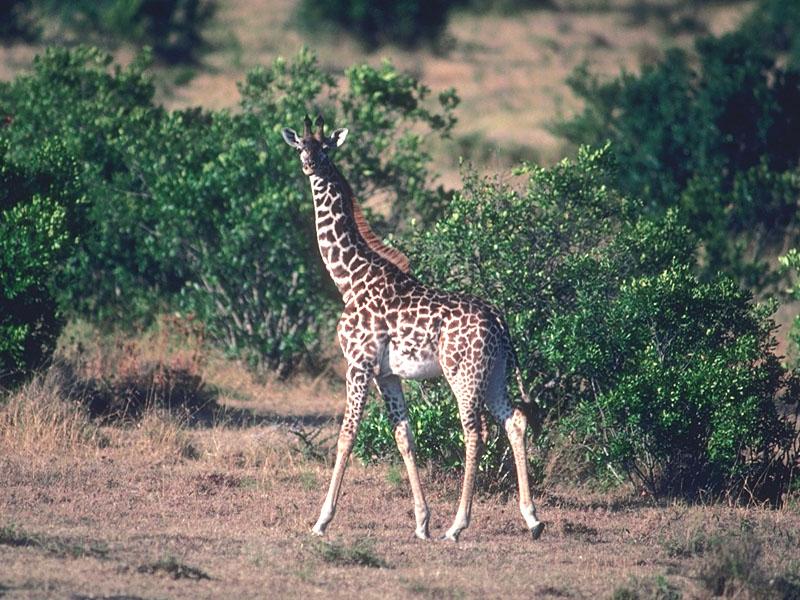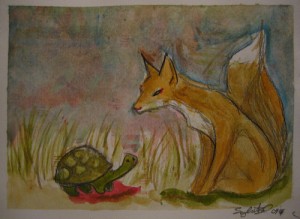Listen to and read the story The Conceited Stag and answer the questions given below:
Once upon a time… there was a stag with splendidly long antlers, who was
very conceited. Every time he drank at a pool, he would stand and admire his
reflection in the water. “I am handsome,” he would tell himself. “There’s no
finer set of antlers in the forest!” And off he would prance. Like all stags,
he had long slender legs, but folks said he’d rather break a leg than lose a
single branch of his splendid antlers. Poor foolish stag! How vain he was.
One day, as he grazed peacefully on the tender shoots on some low branches,
he heard a distant shot. He heard with fear the baying of the hounds.
Terrified, he knew what terrible enemies the hounds were and that, if they
caught his scent, it would not be easy to outrun them. He had to flee at once,
and as quickly as possible. Faster and faster, he sped along the woodland
track, his heart in his mouth. He could hear the baying of the pack at his
heels. Without ever looking back, he ran in a straight line, trying to shake
off his pursuers. Then the wood thinned out into a clearing. “With luck I’ll be
safe now,” he said to himself, running swiftly over the smooth ground. And
indeed, the yelping of the hounds seemed to die away in the distance.
Only a little further now, and the stag would reach safety. Suddenly, as he
swept under a tree, his antlers caught in the low-hanging branches. He shook
his head desperately, trying to break free, but although he struggled, his
antlers were held fast. The hounds were coming closer and closer. Just before
the stag met his doom, he had time to think: “What a mistake I made in
regarding my antlers as the best and most precious part of my body. I should
have had more respect for my legs. They tried to carry me to safety, while my
antlers will be the death of me!”
- Why was the stag conceited?
- Where did he admire his reflection?
- What did he hear one day while he was grazing?
- Why was he terrified?
- What did he do to save himself?
- Was he able to save himself? Why?
- What were the stag’s last thoughts?
- Give the meaning of the underlined words in the story. (You can also search for these words in the dictionary given here.)


